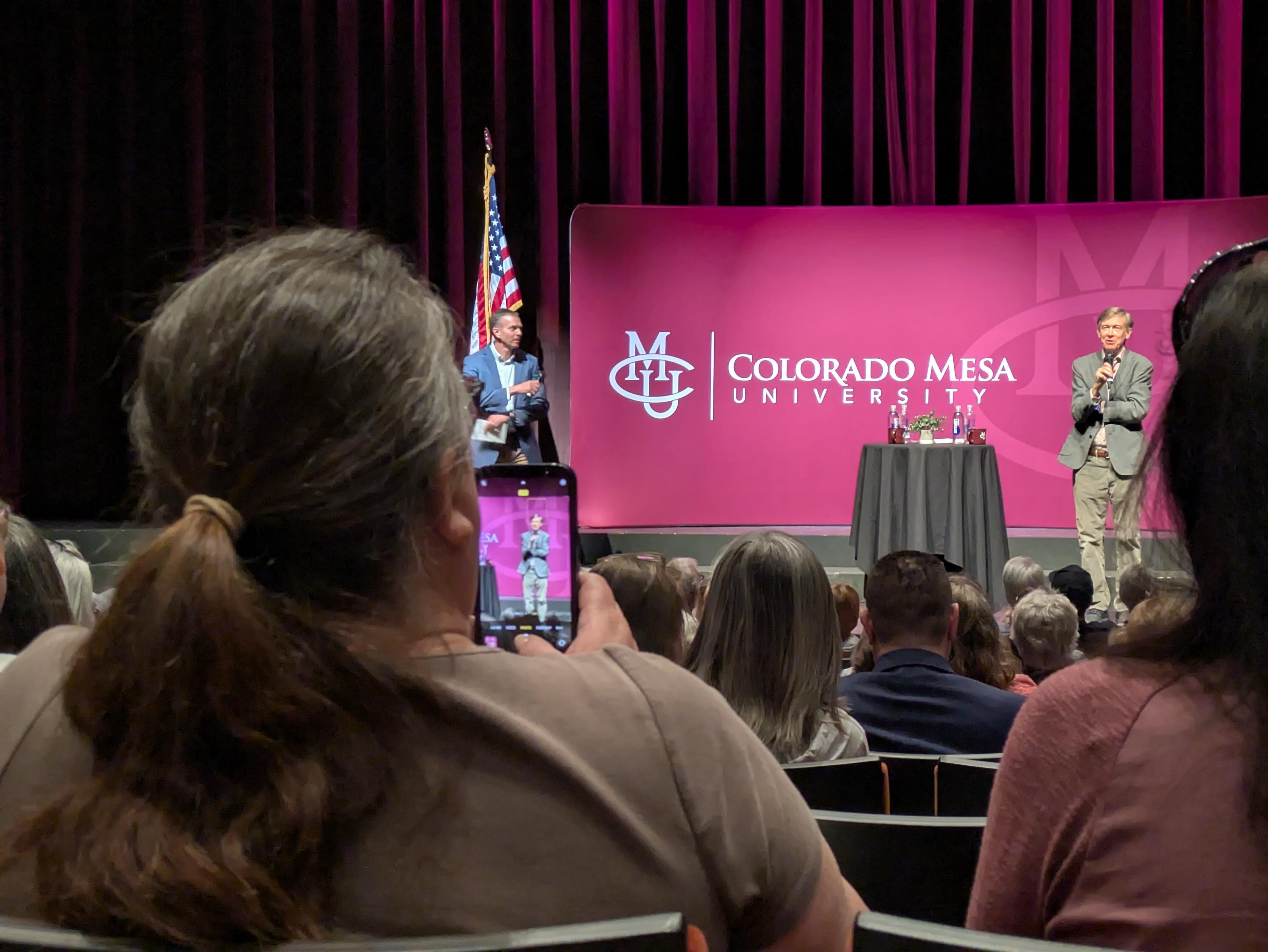Beethoven was in his mid-30s when he started to lose his hearing, so he had many years of composing under his belt. It’s safe to say he generally knew how the music would sound as he put it down on paper. But Beethoven was notorious for corrections, so the process didn’t necessarily come easily to him.
Still, like all composers, he had an “inner ear” for music. By the time he wrote his Ninth Symphony — the one over an hour-long with full orchestra, chorus, and soloists — he had been profoundly deaf for nearly a decade. Wouldn’t that “internal ear” fade over time?
The one person who could help answer this question is Scottish multi-percussionist Evelyn Glennie.
“When I decided to study music full-time, there was still this feeling that to be deaf meant silence,” said Glennie, who has been profoundly deaf since she was 12 years old. “To play music meant sound. So basically the two couldn’t come together.”
Glennie was admitted to the Royal Academy of Music at age 16 by persuading the academy she could “hear” with other parts of her body.
“For me, it was a case of trying to allow people to understand that my whole body was like a resonating chamber. It’s kind of like a massive ear, as it were,” she said.
In other words, she “hears” with her whole body. Her Ted Talk titled “How to Truly Listen” has been viewed over 6 million times.
Had Beethoven been an early inspiration or part of the conversation for the multi-Grammy-winning musician and composer's entry into music school?
“Surprisingly, no,” she said. “It felt like I was the only person on the planet who had a hearing impairment and could play music.”
Glennie later learned that Beethoven taught himself to “hear” with his body. That he placed his teeth on the keyboard or “curled his body around the keyboard and then he had these big sort of megaphone things attached to his keyboard,” she said. “He was basically trying to bring the piano into his human body — making it as one body — if you like, and that for me is really interesting as a percussion player.”
While the idea of hearing with your body is really hard to explain, Glennie said “it’s amazing how the other senses really do group together and become much more magnified and work together.”
So did Beethoven’s deafness pave the way for his Ninth Symphony, with its full orchestra, chorus and soloists? Glennie’s not so sure.
“I think Beethoven would have pushed the boundaries anyway. I think it was that time in musical history where things were going to change anyway. So I think it would have happened, but whether he would have written the music that he wrote, obviously, no one can tell.”
2020 marks 250 years since the birth of Ludwig Van Beethoven and CPR Classical celebrates!
On CPR Classical every weekend Oct. 9 - Dec. 13: Fridays at 12:30 p.m., Saturdays at 6 p.m. and Sundays at 4 p.m.









